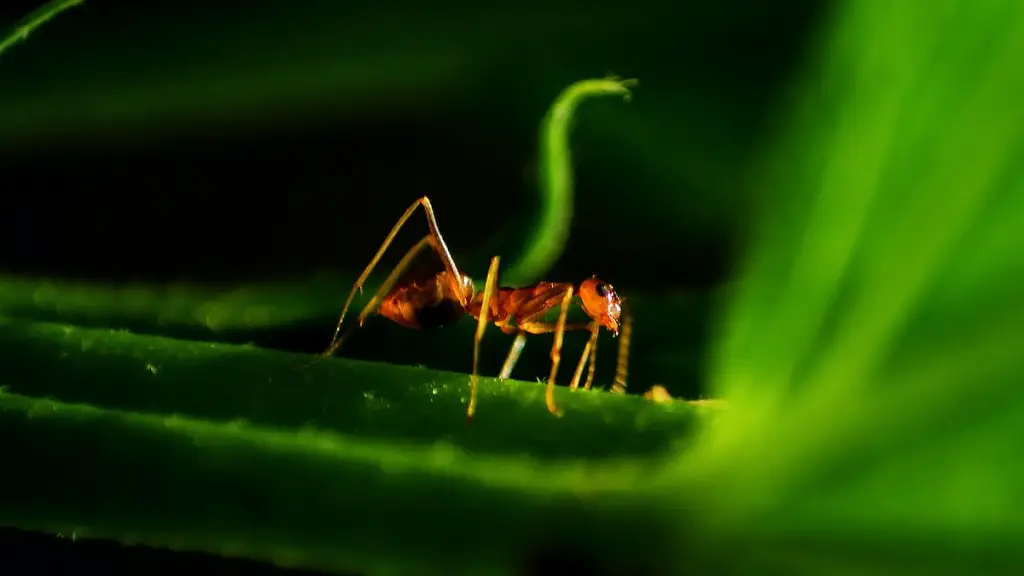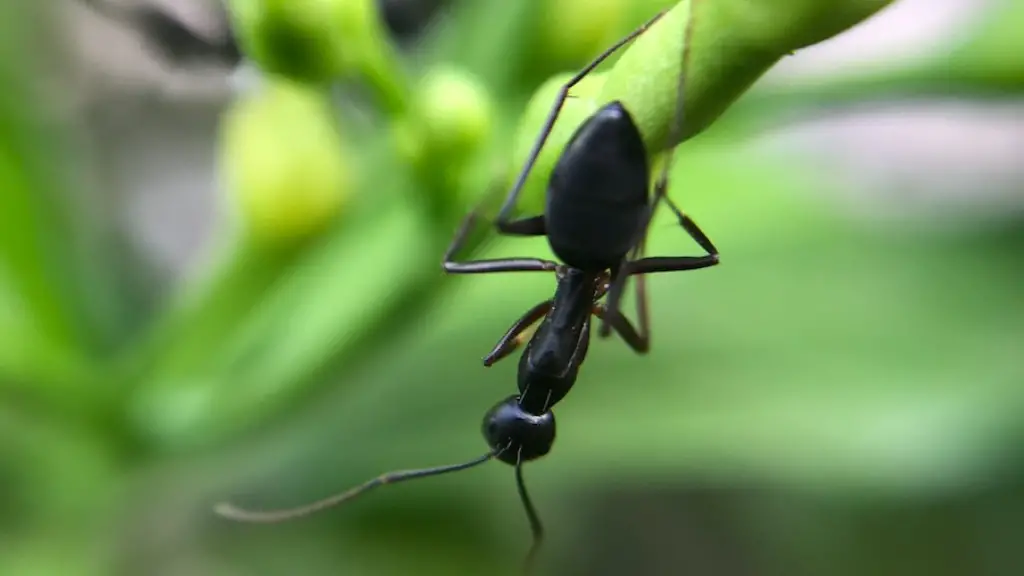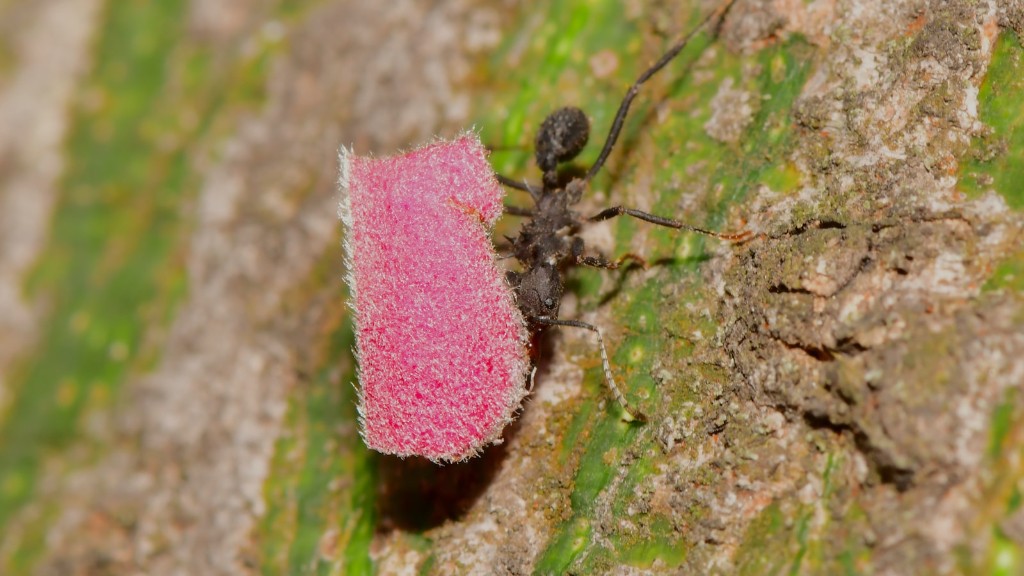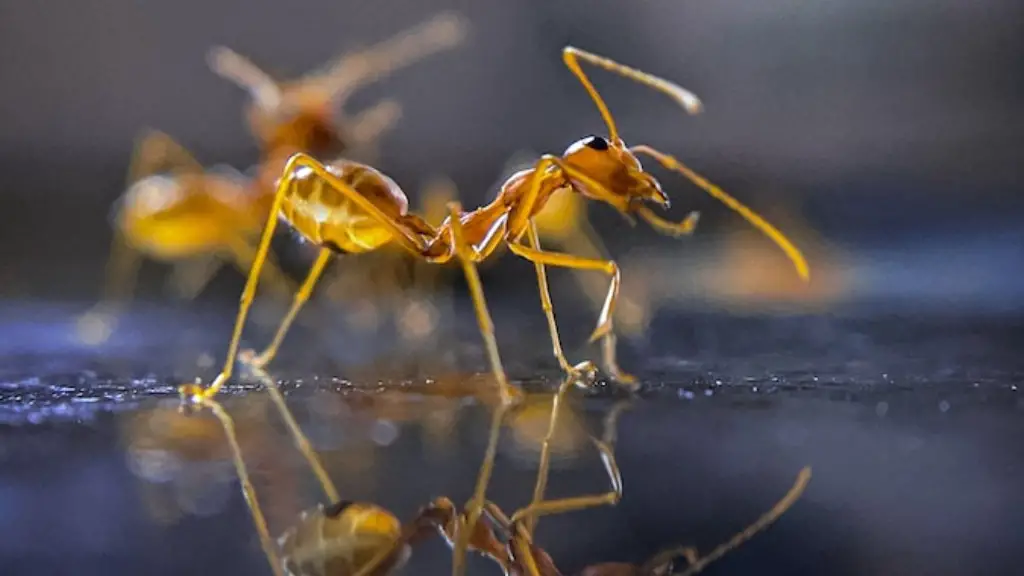Killing Yard Ants – Method by Method
Ants are one of the most common insects living around us. They live in colonies, have divisions of labor, and have complicated social organizations. One of the most annoying and hardest to eliminate ant species is the yard ant. But if the right methods are used correctly, it is possible to kill the ants in your yard.
Firstly, it is important to get to the source of the infestation and treat it properly. If the source is not properly exterminated, the ants will likely return. It is also important to identify what type of ants you are dealing with. Because some species are more resistant to certain treatments than others.
One of the most commonly used methods for killing yard ants is to spray a solution of water and soap. This is an effective method because the water and soap will break through the protective coating of the ants, killing them on contact. The soap is also toxic to the ants, so it will kill them even if they are only temporarily restrained.
Another method for killing yard ants is to use natural insecticides such as neem oil or insecticidal soap. Neem oil is derived from the neem tree and is a natural form of insecticide that is safe for humans and pets. Neem oil is also effective against many ant species, including yard ants. Insecticidal soap is a mild form of insecticide that kills ants on contact without leaving any residue.
Another effective method of killing yard ants is to use boric acid. This is a natural form of insecticide that works by clogging the respiratory system of the ants, which kills them. Boric acid is effective against many ant species, including yard ants. However, it is important to follow the safety instructions on the label when using boric acid.
In addition to these methods, there are also some preventative measures that can be taken to keep yard ants away. Removing food sources, such as scraps of food or pet food, can help to reduce the number of ants in the yard. Sealing cracks and crevices around the house can also help to keep ants from entering the home.
Finally, using ant baits can be an effective way to kill yard ants. There are many types of bait available, ranging from slow-acting gels to traditional granular baits. These baits can be placed around the yard and allow the ants to take the bait back to their colony, killing the entire colony.
iBaits and Other Storebought Solutions
One of the most effective methods of killing yard ants is to use storebought ant baits. These baits can be purchased at most home improvement stores and usually come in the form of gels or granules. They work by enticing the ants with a food source and then killing them when they take the bait back to their colony. One popular brand of ant bait is iBait, which is designed to target the species of ant living in yards.
Another type of storebought solution for killing yard ants is insecticidal sprays. These sprays can be used on nests or directly on the ant colonies. They will kill the ants on contact and can also be used to keep the ants away in the future. Many brands of these insecticidal sprays are available, so it is best to read the label and make sure it is safe for use in your yard.
Storebought baits and insecticidal sprays are effective at killing yard ants, but they can also be harmful to other beneficial insects in the yard, such as honeybees. They should only be used as a last resort and should be used according to the label instructions.
In addition to storebought solutions, there are also a few DIY methods for killing yard ants. These include using vinegar or soap sprays, boiling water, and even using a vacuum cleaner to suck up the nests. These methods can be effective at killing the ants, but they may not be enough to keep the ants away in the long term.
Follow Up Treatments and Prevention
Once the ants have been killed, it is important to take steps to prevent them from coming back. This includes making sure all sources of food are sealed tight and any possible entry points are sealed. Ants are attracted to moisture and will use any cracks they can find to enter the home. Sealing these cracks can help to keep the ants from returning.
In addition to sealing entry points, it is also important to check the yard for any ant nests. Ant nests can be difficult to detect, but there are a few signs to look for. If you notice that a certain area of your yard is constantly wet, it could be signs of an ant nest. In that case, it may be necessary to treat the soil with an insecticide.
It is also important to regularly check the garden for signs of ant activity. If you notice any ants, it is best to take action immediately. Spraying a solution of water and soap or using an insecticidal spray can be effective at killing the ants and preventing them from coming back.
Organic and Natural Methods
For those who are looking for a more natural way to control yard ants, there are some options available. A popular solution is to use diatomaceous earth, which is a powder that is made from fossilized diatoms. This powder is effective against many types of insects, including ants, and is safe to use around children and pets.
Another natural solution is to use nematodes. These are tiny worms that will seek out and eat the eggs and larvae of ants. They are very effective at controlling ant populations and are also safe for use around humans and pets.
Some other natural and organic methods for killing yard ants include boiling water, vinegar, essential oils, and citrus oils. All of these methods can be effective at eliminating ants and can be used in combination with each other for maximum effectiveness. It is important to remember, however, that these methods may take more time and effort to be effective.
Chemical Sprays and Baits
For those who are looking for an effective way to control yard ants, chemical sprays and baits are an option. These sprays and baits contain active ingredients such as permethrin or pyrethroid that are designed to kill the ants. It is important to note, however, that these chemicals can have an adverse effect on other beneficial insects and can also be hazardous to humans and pets if they are not used properly.
In addition to chemical sprays and baits, there are also some other chemical solutions available. These include Formosan and Argentine ant bait gels, as well as pesticides such as chlorpyrifos and permethrin. It is important to read the label and follow the instructions carefully when using these products.
Chemical sprays and baits can be an effective way to eradicate yard ants, however, they should only be used as a last resort when more natural methods are not proving effective. It is also important to follow the safety instructions and use the products according to the label.
Professional Extermination
In some cases, it may be necessary to hire a professional exterminator to get rid of yard ants. A professional exterminator will have the knowledge and experience to determine what type of ant infestation you have and the best method for eliminating it. Professional exterminators will also have access to special treatments, such as fumigation, that may be needed to eliminate the ants.
Before hiring a professional extermination company, it is important to research their experience and methods. It is also important to make sure that the company is licensed, insured, and bonded in your state. It is also a good idea to get references from friends or family who have used the company’s services.
Professional exterminators can be an effective way to get rid of yard ants, but they are also expensive. Before hiring a professional exterminator, it is important to weigh the cost of their services against the alternatives.
Do it Yourself Solutions
If you are looking to try and control yard ants without the help of a professional exterminator, there are some do it yourself solutions that can be effective. These include using natural and organic methods such as diatomaceous earth and essential oils, as well as chemical treatments such as boric acid, insecticidal soap, and permethrin.
It is important to remember that any chemical treatments you may use, such as insecticides, must be handled and applied according to the label instructions. Care should also be taken when applying any treatments around children or pets.
DIY solutions can be effective at controlling yard ants, but it is important to remember that these methods may take more time and effort to be effective. It is also important to keep an eye on the yard for signs of ant activity and reapply any treatments as needed.





